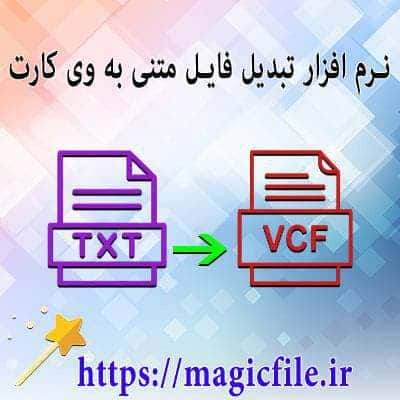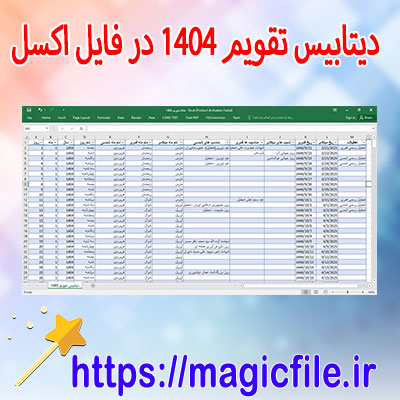ECONOMIC TERMINOLOGY
Understanding economics requires familiarity with a variety of specialized terms. These words encapsulate complex ideas and principles. Let’s delve into some essential economic terms.
- SUPPLY AND DEMAND
Supply refers to the quantity of a good or service that producers are willing to sell at a given price. Conversely, demand indicates how much of a product consumers are willing to buy. The interaction between supply and demand determines market prices. For instance, when demand exceeds supply, prices typically rise.
- GROSS DOMESTIC PRODUCT (GDP)
GDP represents the total value of all goods and services produced within a country in a specific time frame. It serves as a primary indicator of a nation’s economic performance. A rising GDP suggests economic growth, while a declining GDP can signal recession.
- INFLATION
Inflation describes the rate at which the general level of prices for goods and services rises. It erodes purchasing power, meaning consumers can buy less with the same amount of money over time. Central banks often aim to manage inflation to ensure economic stability.
- UNSKILLED LABOR VS. SKILLED LABOR
Unskilled labor refers to jobs that require little to no specialized training or education. In contrast, skilled labor necessitates specific training or expertise. This distinction affects wage levels and job opportunities.
- OPPORTUNITY COST
Opportunity cost represents the potential benefits missed when choosing one alternative over another. It underscores the importance of making informed economic decisions. For example, if you spend time studying instead of working, the income foregone reflects your opportunity cost.
- MONETARY POLICY
Monetary policy involves the management of a nation’s money supply and interest rates by its central bank. It aims to achieve macroeconomic objectives like controlling inflation, consumption, growth, and liquidity.
In summary, grasping these economic terms enhances comprehension of how economies function. Each term carries significant weight and reflects intricate relationships. Understanding them empowers individuals to make informed decisions in both personal and professional contexts.
ECONOMIC TERMINOLOGIES: A COMPREHENSIVE OVERVIEW
When diving into the world of economics, understanding the specialized vocabulary is essential. These terms are the building blocks for analyzing markets, policies, and financial systems. They encompass a broad spectrum, from microeconomics to macroeconomics, each with its own set of precise words and concepts.
MICROECONOMICS TERMS
Microeconomics focuses on individual agents—consumers, firms, and markets. For example, "demand" refers to how much consumers are willing to buy at various prices, while "supply" indicates the quantity producers are willing to sell. The "equilibrium price" is where supply meets demand, balancing the market. Other key terms include "elasticity," which measures responsiveness of quantity demanded or supplied to price changes, and "opportunity cost," representing the value of the best alternative foregone when making a decision.
MACROECONOMICS TERMS
Macroeconomics examines the economy as a whole. "Gross Domestic Product" (GDP) measures total output, while "inflation" describes rising price levels over time. "Unemployment rate" indicates the percentage of the labor force without jobs but actively seeking work. "Fiscal policy" involves government spending and taxation decisions, whereas "monetary policy" relates to central bank actions like adjusting interest rates to control money supply. Other important terms include "recession" (a significant decline in economic activity) and "economic growth" (an increase in GDP over time).
FINANCIAL AND BANKING TERMS
In finance, words like "interest rate," which is the cost of borrowing money, play a vital role. "Liquidity" describes how quickly assets can be converted into cash, while "capital" refers to financial resources owned or used by entities. "Stock market" involves buying and selling shares of companies, with terms like "bull market" (rising prices) and "bear market" (declining prices). "Credit" signifies borrowing capacity, and "debt" is money owed. Other essential terms include "investment," "dividends," and "risk management."
ECONOMIC INDICATORS AND POLICIES
Indicators like "consumer price index" (CPI) track inflation, while "balance of trade" compares exports to imports. Policymakers use "quantitative easing" to increase money supply, and "tariffs" are taxes on imports to protect domestic industries. Understanding the "fiscal deficit" (when government spending exceeds revenue) and the "budget surplus" (more revenue than expenditure) is crucial for analyzing economic health.
CONCLUSION
In summary, mastering economic vocabulary enhances comprehension of complex concepts, facilitates clear communication, and aids in analyzing economic issues. Each term interconnects, forming a web that explains how economies function, grow, or face downturns. Whether you're studying micro or macroeconomic phenomena, familiarizing yourself with these specialized words unlocks a deeper, more nuanced understanding of the economic landscape.





